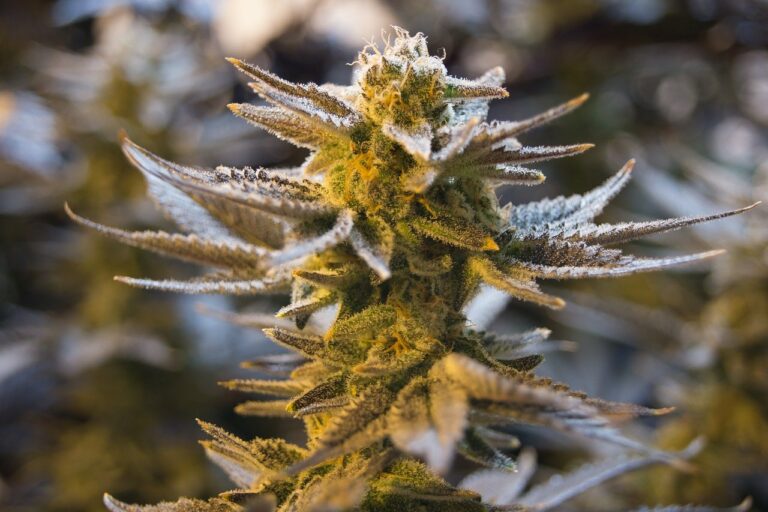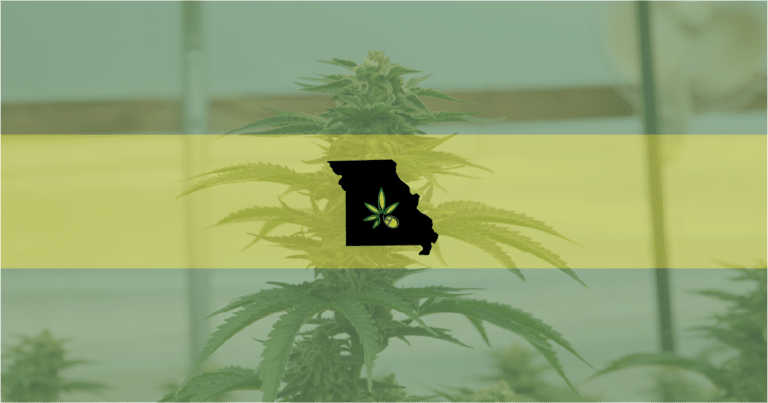Depression, sometimes called major depressive disorder or clinical depression, is one of the most common mood disorders and mental health challenges in the United States. Depression causes symptoms that can alter how you feel about things, the way you think, and your ability to manage daily routines and activities.
Depression is classified as a serious mental health condition, and it typically requires both understanding and medical care by professionals. Current research suggests that depression is caused by a combination of biological, genetic, environmental, and psychological factors.
Thankfully, with the right treatment plan and support from others, people may be more able to overcome their depression and get well again. Treatment is more effective if you catch this condition earlier rather than later. Typical treatment methods for depression include medications, psychotherapy, or a combination of these two methods. Sometimes electroconvulsive therapy and other brain stimulation therapies may be used if symptoms are not relieved by medications or therapy alone.
Marijuana and Depression
As more states have legalized recreational/adult-use or medical marijuana, more patients and consumers have turned to cannabis to help with various mental health conditions. Because of this, there is a growing interest in using marijuana to treat symptoms of depression. Some are finding that that weed helps with depression and regaining their mental health.
Studying Marijuana for Depression
After following cannabis users for a full year, one study produced results that suggest that marijuana use does not have a constant or unchanging relationship with depression (or anxiety), and that the effects of relatively stable temperament dimensions can be moderated by other factors within the context of one’s lifestyle.
While studies in the past have found marijuana to be effective in treating depression, people appear to be trying it for medicinal benefits even more so these days with so many states passing cannabis legalization. The majority of the information out there, as with many cases in the effects of medical marijuana, is very limited. Consumers and patients often find themselves having to compare notes with only anecdotal evidence of change rather than being able to turn to validated resources.
Is Marijuana Good for Depression?
People who are suffering from depression may benefit from cannabis consumption. With so little known about this topic, though, the verdict is still out on a definitive “yes” or “no” to this question. Research shows that marijuana use may lessen the likelihood of psychiatry visits, but may also slow down improvement of symptoms associated with depression. Marijuana use and associated barriers (or how we assume certain things with a given set of information without thinking about the broader possibilities) to mental healthcare should be considered by depression treatment providers.
Relief from depression and anxiety is one of the most commonly said reasons for using marijuana. Scientists are also working hard to learn and uncover more details on how weed can be effective for persons with these conditions. Dr. Adie Rae (Wilson-Poe) is a National Institute of Health-funded neuroscientist who has been studying cannabis, opioids, and their interaction for her entire career. She explained, “What we know about cannabis for anxiety from research, is that cannabis can help with short term anxiety but can cause longer term depression. However, with most things cannabis, the research is very sparse.”
One thing to consider is what the traditional methods for depression treatment are in terms of medications. People are typically prescribed medications (and therapy) for depression. The most common class of antidepressant medications are serotonin reuptake inhibitors and include medications like Zoloft and Prozac. While patients may find these beneficial for treatment, at some point they may wish to stop taking them. Dizziness, irritability, headache, and overall mood changes are all withdrawal symptoms that these 2 antidepressants have in common, and there are several others on each individual list. Now, compare this to cannabis, where even the worst withdrawal symptoms are far less severe. The decision is ultimately up to the person seeking treatment, and what words best for them.
Best Weed for Depression
With so little validated research on this topic, there is not a clear answer for the best cannabis strains to consume for helping alleviate depression. Consumers who want to explore this option will need to do a trial-and-error method until they find the best weed for depression in their own personal case. First, think about what depressive symptoms are hindering you the most. For example, do you need more energy for motivation? If so, then strains that are high in the terpenes pinene (I like Blue Dream and Island Sweet Skunk) or limonene (I like Headband and Cinex) might be helpful for you, since these terpenes often produce an energizing or uplifting effect in most consumers.
So, what are the best marijuana strains for depression?
There is no definitive answer to that question, but consumers who turn to cannabis to help with their depression can try different strains and see what works best for them.
Conclusion: Medical Marijuana and Depression
While many consumers may agree that cannabis helps alleviate symptoms associated with depression, there is very little research and thus no definitive answer as to whether or not marijuana can actually help with this condition. However, many cannabis activists would argue that marijuana offers a less invasive option and has far less withdrawal effects than traditional depression treatments like prescription antidepressant drugs. As with any mental health condition, it is important to seek counseling or therapy and get to the root of what is causing the depression to begin with.









